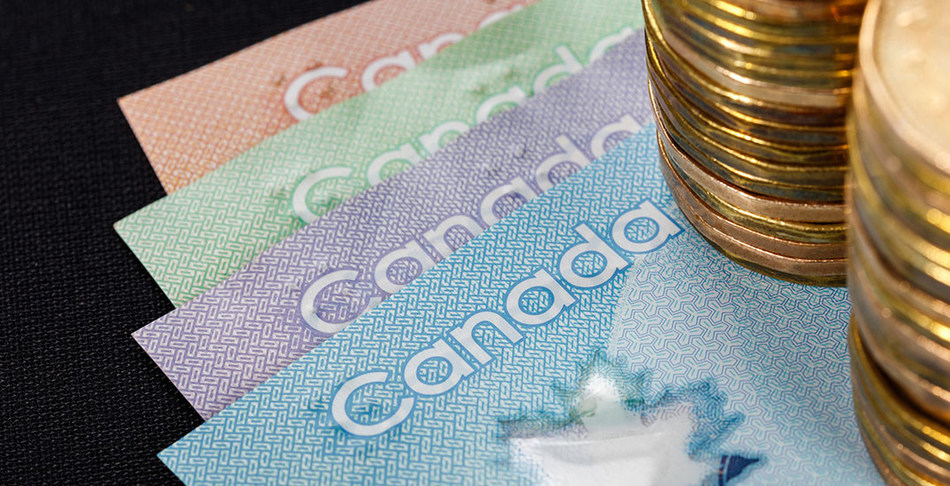Despite collecting billions in carbon tax revenues, the federal government has returned less than 1% of the promised proceeds to small businesses, says the Canadian Federation of Independent Business (CFIB). On top of that, the government is proceeding with a carbon tax hike of 23% to $65 per tonne on April 1.
In a new snapshot, entitled Fueling Unfairness: Carbon Pricing and Small Businesses, CFIB is calling on the federal government to reconsider the federal carbon pricing backstop.
“Small businesses in Canada are already struggling with increased costs, and the carbon tax is adding to their burden,” said Jasmin Guénette, Vice-President of National Affairs at CFIB. “The government must take immediate action to provide relief to small businesses by freezing the carbon pricing backstop and making the promised federal carbon tax proceeds readily available.”
Small businesses contribute significantly to the federal carbon tax, but they don’t get the same amount back like individuals and households do through rebates.
In fact, while CFIB’s calculations estimate that small firms pay close to half of the carbon tax revenue collected by government, only 0.17% in all carbon tax revenues was returned to small businesses between the 2019-20 and 2022-23 fiscal years. Between those years, the federal government raised $22 billion in carbon pricing revenues. With the carbon tax increasing to $65 per tonne, about $8.2 billion is expected to be collected from the carbon tax alone in 2022-23.
Similar to small businesses in Alberta, Saskatchewan, Manitoba and Ontario, small firms in Nova Scotia, New Brunswick, Newfoundland and Labrador, and Prince Edward Island will soon be moving under the federal carbon pricing system on July 1, 2023.
CFIB data shows over half (52%) of small firms oppose carbon pricing. If the price on carbon increases to $170 per tonne in 2030—as per the federal government’s climate plan—over half (56%) of small businesses said they will have to increase their prices to offset costs, and being forced to raise prices for consumers is not an attractive or easy option for small business to take. Over four in ten (45%) said it will increase pressure on them to freeze/cut salaries and wages, while 40% said they will have to reduce investment in their business.
“Our research shows business owners care about the environment and take proactive steps to reduce their environmental footprint. But to date, they have received little or nothing at all in carbon tax revenues from the federal government,” said CFIB senior policy analyst Taylor Brown. “Businesses want their money back.”
CFIB’s recommendations to the federal government include:
- Freezing the federal carbon pricing backstop at the current level
- Immediately returning $2.5B in federal carbon tax revenues it has collected from small businesses since 2019
- Ensuring all future carbon tax revenue collected from small businesses is returned through simplified rebates or tax reductions
- Reconsidering the entire carbon pricing strategy with a focus on technology and other approaches to reduce greenhouse gas emissions
“The federal government must act now to provide immediate relief to small businesses in Canada,” said Dan Kelly, CFIB president. “Freezing the carbon tax while government focuses on fixing the broken backstop approach would be welcome news in the 2023 budget.”
SOURCE Canadian Federation of Independent Business
